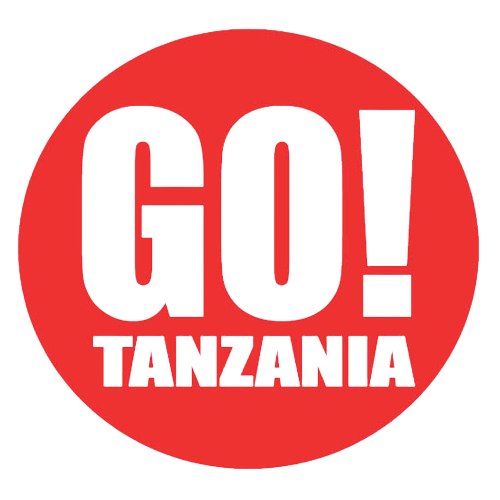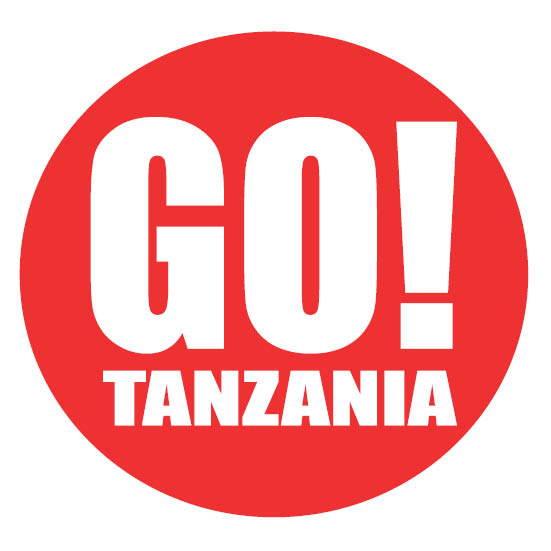
In his special address, Akinwumi Adesina, President (now former), African Development Bank (AfDB), emphasised that Africa is at a pivotal moment in history. “The world is becoming more African,” he said, noting that one in four people on the planet will soon be African. With 65% of the world’s uncultivated arable land, abundant critical minerals for the green transition, and 13 of the world’s fastest-growing economies, Africa is poised to drive global prosperity, he said according to the statement.
Yet to realise this potential, he stressed, Africa must close its infrastructure gap, estimated at $70 billion annually, and ensure that projects deliver real impact. “Projects must not just exist on paper,” Adesina said. “They must change lives. As one Kenyan beneficiary told me, ‘We once were in darkness. Now we have light.’ That is the true measure of success.”
“At Project Management Institute (PMI), we believe project success is not measured only by schedules and budgets, but by outcomes that change lives. Adesina captured this perfectly when he said projects must change lives,” said George Asamani, MD, PMI Sub-Saharan Africa. “Africa’s future will be shaped not by the number of projects we launch, but by the impact those projects deliver.”
Building on this vision, Armand Nzeyimana, Director, Development Impact and Results Department at the AfDB, spotlighted a persistent obstacle: the shortage of well-prepared, bankable projects.
He explained that a bankable project is one that meets three essential tests: technical feasibility, with proven designs and resilient standards; financial viability, with clear revenue models and acceptable risk-return profile for investors; and robust risk management, where currency, political, and market risks are identified, allocated, and mitigated. “Without these fundamentals,” Nzeyimana said, “even the most noble intentions cannot secure the financing needed to move from paper to reality.”
He warned that poor preparation comes at a steep cost. Projects designed for five years often stretch to eight or more, with completion timelines extended by up to 50%. “The cost of delay is not just financial, it is developmental,” he said. “Every missed deadline slows progress on the Sustainable Development Goals and leaves millions waiting for essential services. Today, 600 million Africans remain without electricity. That statistic will not change without bankable projects.”
Source: businessday



